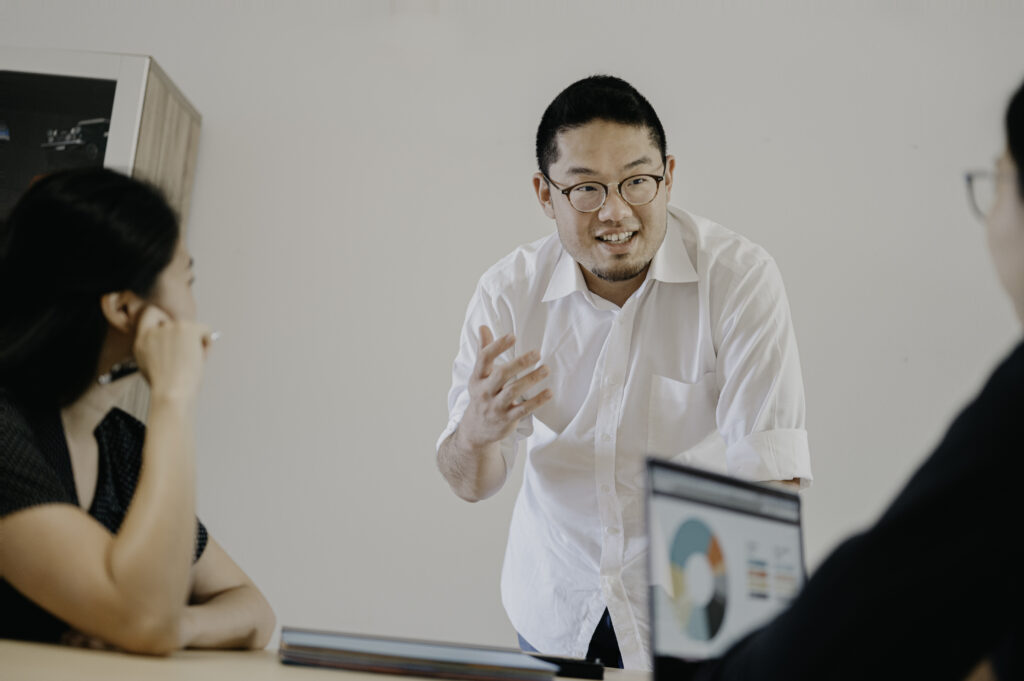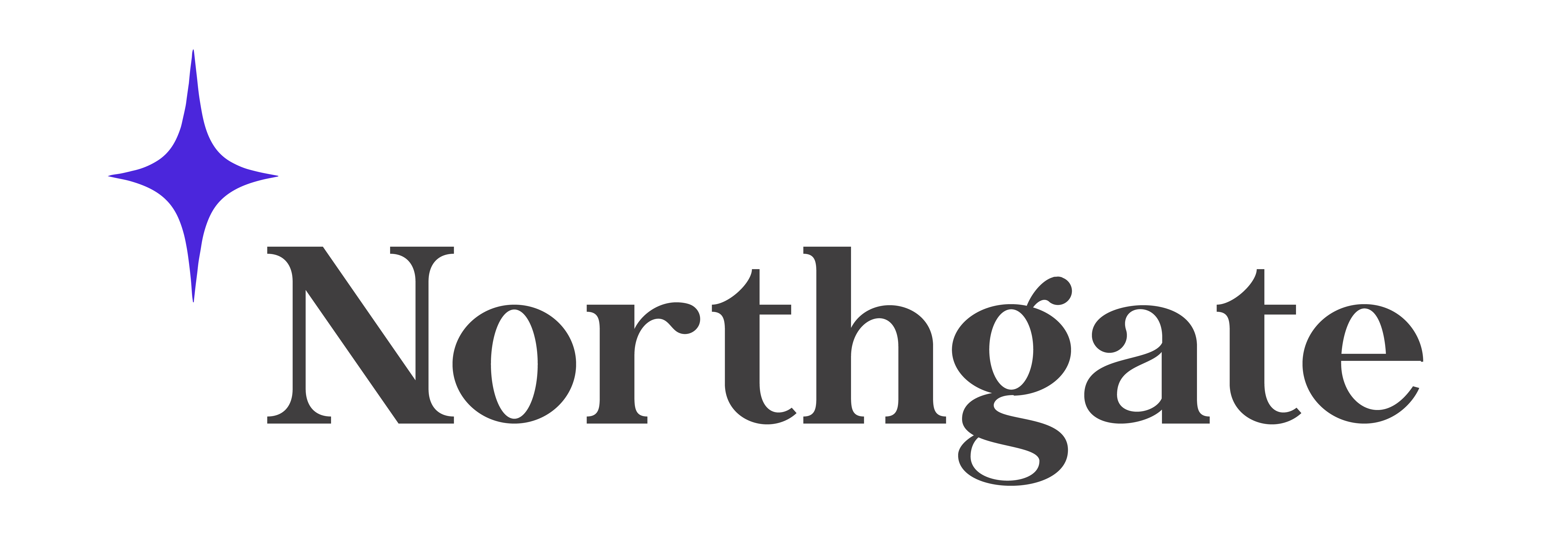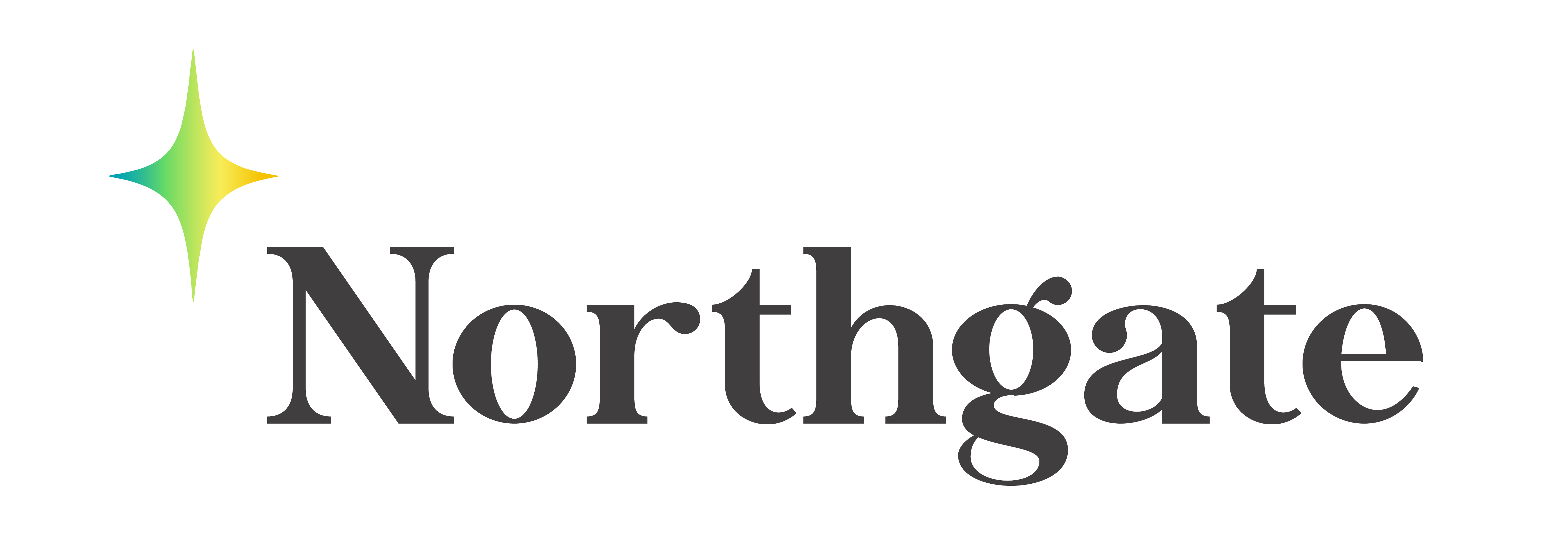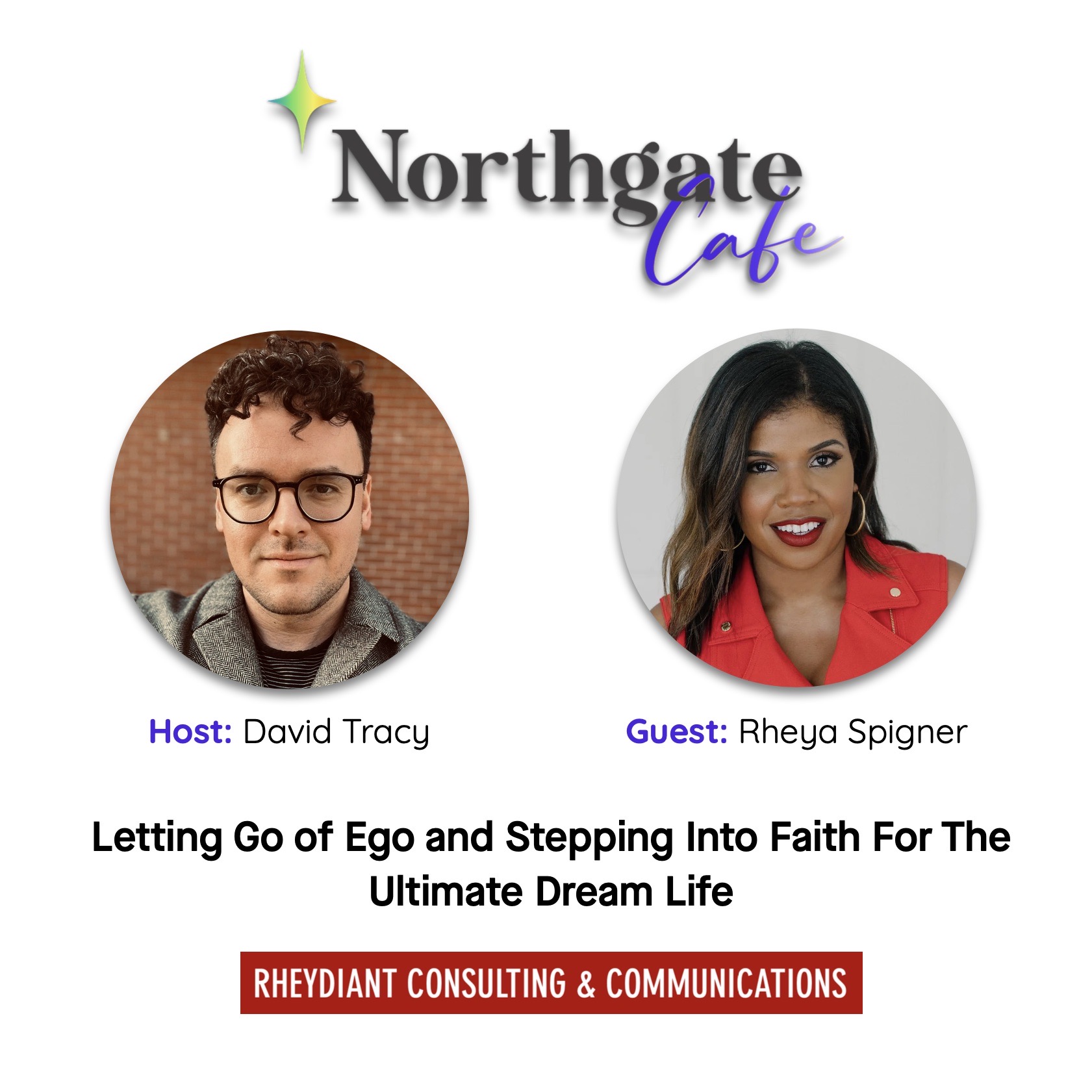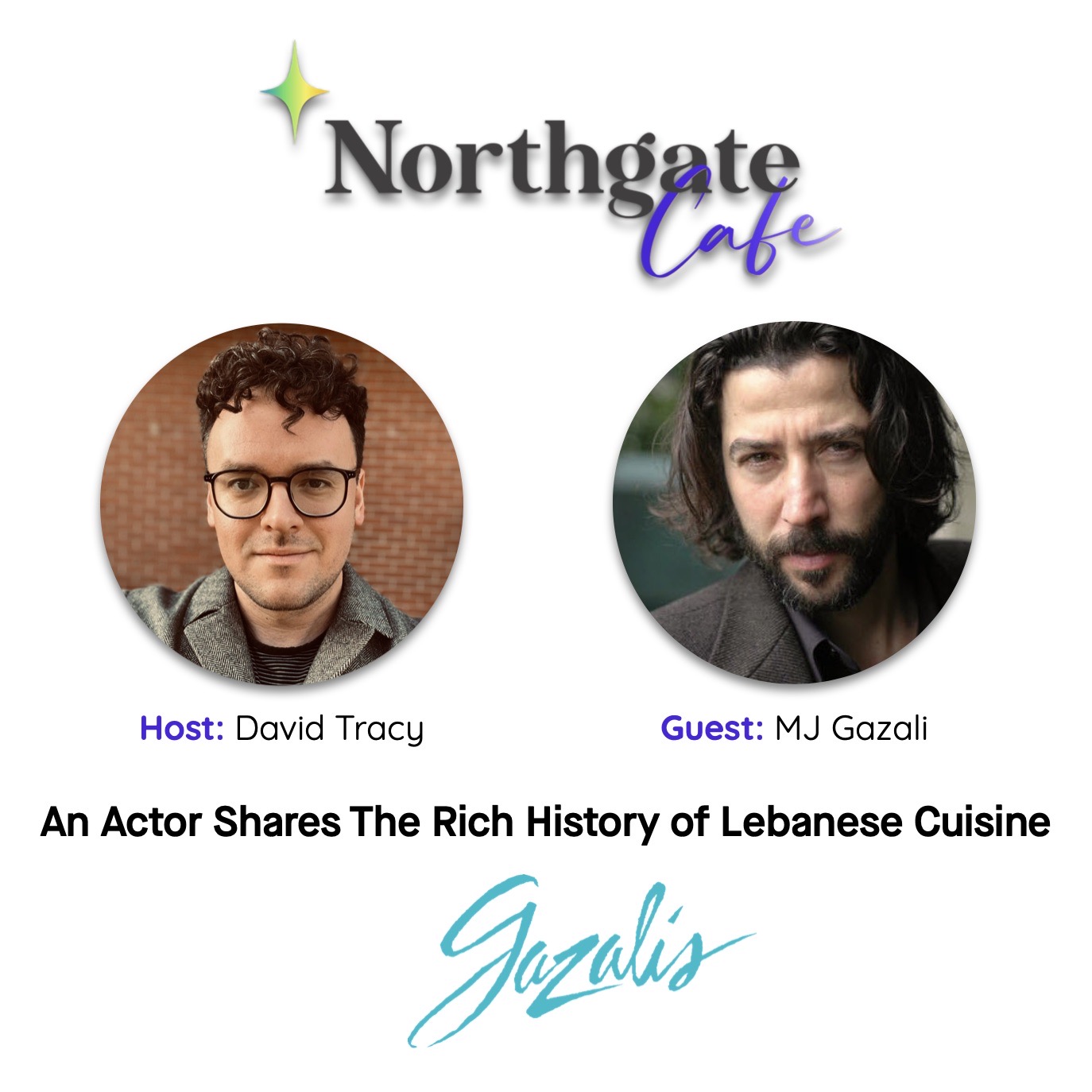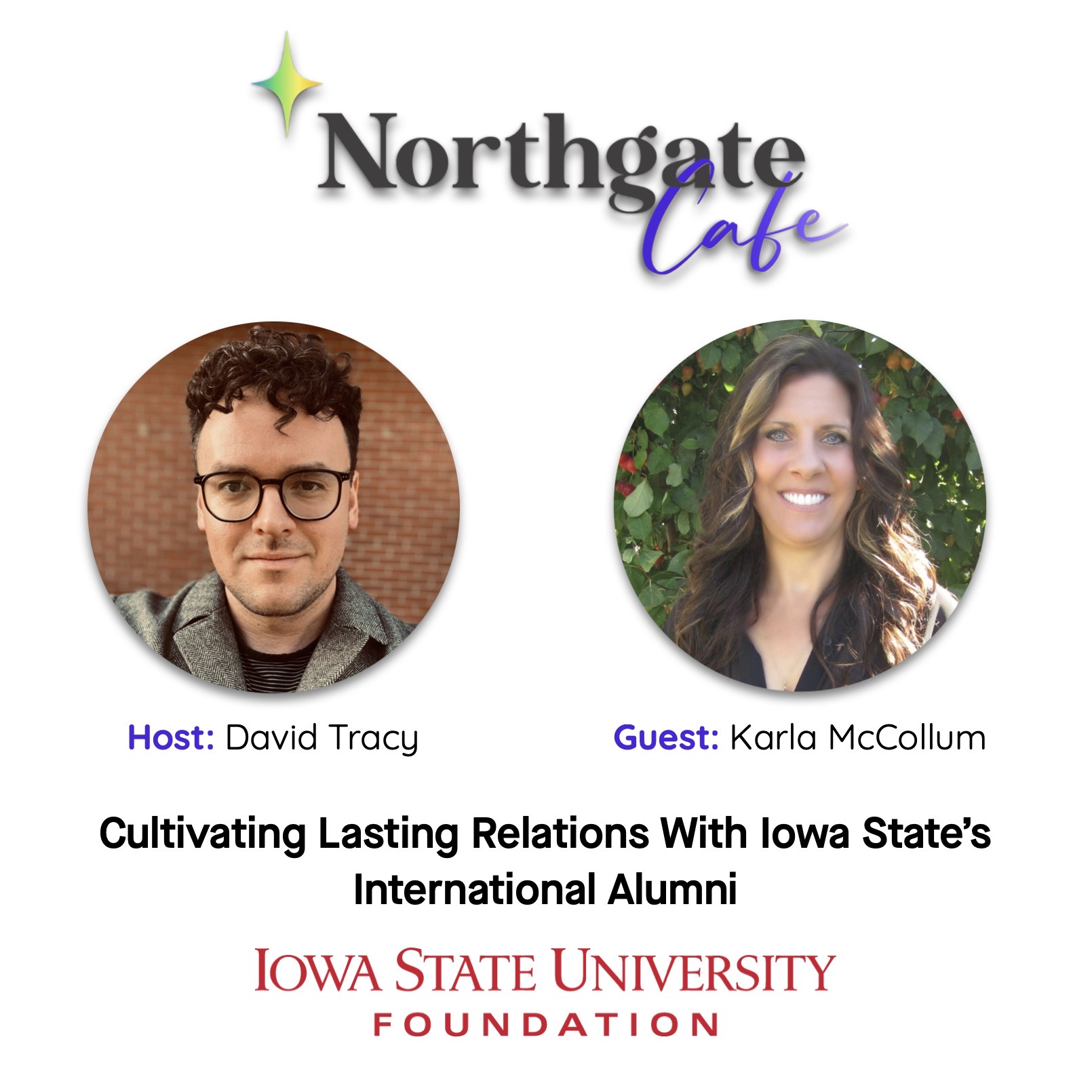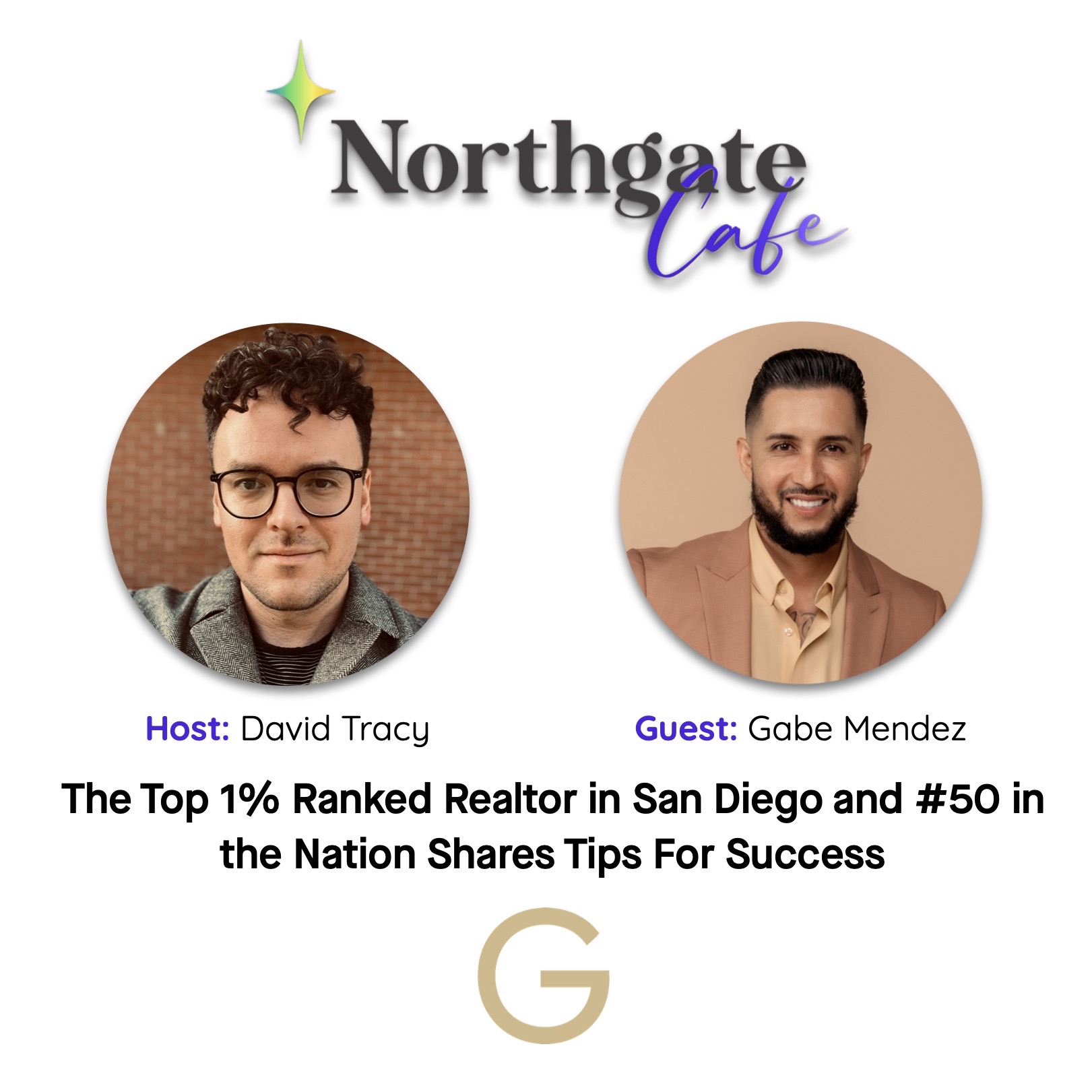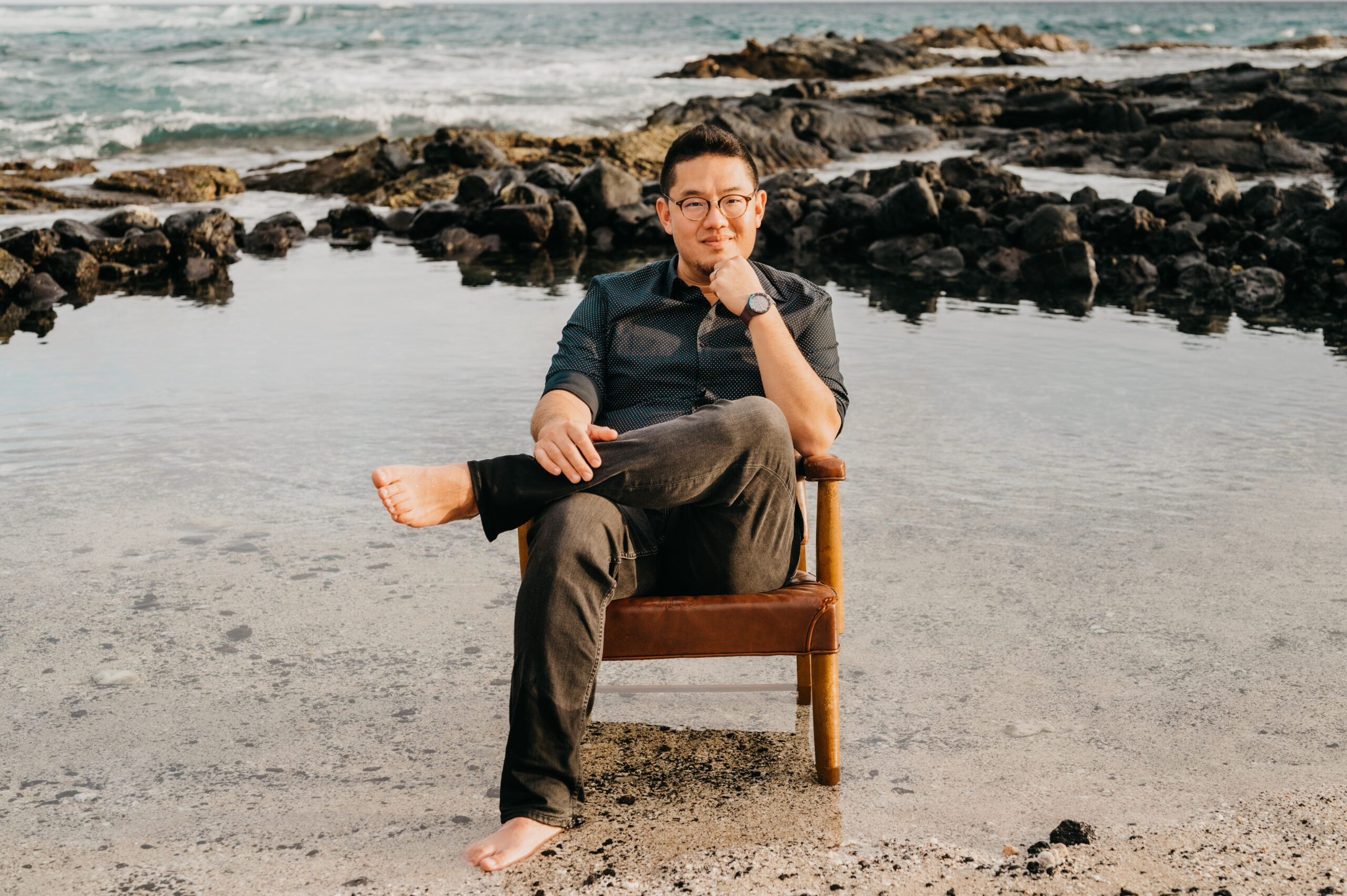
Philip Lin: Asia As A Key Business Development Prospect
Philip Lin started out to become a banker, and had that actually happened, he would have made an unusual one. Had he been cast in It’s a Wonderful Life, he certainly would not have been a cruel miser like Mr. Potter, but neither is Philip Lin another dreaming George Bailey. Philip’s career path progressed with expressed intention. He knows exactly what he intends to do with his life, and it has less to do than you might expect with the title on his business card.
Serving now as the Business Development Officer for Asia at Northgate Marketing, Philip contributes not only his cultural perspective as a Taiwan native, but he also brings a conviction that there is important work to do here in the States. He works, he says, “with a purpose driven mentality—seeing the needs of the community and really seeing what we have in our hands to yes, start a business, but a business that will bring positive influence to society.”
“Because of our nonprofit background, we care about the customers. We care about the customers on a level that other companies may not.”
It’s a fairly new phenomenon in the U.S. to encounter a business plan that puts giving back on equal footing with making money. This idea, however, flows naturally both from Philip’s upbringing and experience. Rather than work in the private sector following college as originally planned, he’s spent eleven years serving in an international nonprofit, and believes the experience will color the way he looks at making money forever. Speaking of Northgate, he says, “Because of our nonprofit background, we care about the customers. We care about the customers on a level that other companies may not.” And that’s ground zero for Philip, because the Asian culture emphasizes community over the individual.
Currently living in Kona, Hawaii, Philip is still very Taiwanese as well as an American citizen, and regularly experiences the other-worldliness of standing with one foot in the East and the other in the West. He spends three to four months in Asia every year and, for him it is a kind of returning home. His fellow Taiwanese however, can be acutely aware of his divided attention and may at times think of him as a laowai, a foreigner. He reminds us that where we are used to varied ethnicity in the U.S., it is not like that in many other countries, including China. In China, despite some minority groups, everyone is considered Chinese.
This is where Philip has found that he lives in the perfect place to turn what might be an impediment into a strength. “Living in Hawaii is very different than living on the mainland U.S. because Hawaii is much more similar to the Asian culture. I feel like Hawaii is a culture where the ingredients are cooked together, presented to be one dish, where in America, it’s more like a buffet, where all the different foods are separated on one plate. That difference allows me to learn to blend everything and make everything work together. That’s part of my strength. I use an analogy—it’s like colors. The red and the blue eventually become purple instead of the customer seeing the red and the blue on their final presentation.”
This unique experience allows Philip to assimilate a culturally bred reticence for self-promotion into a marketing strategy that accomplishes its aim without violating Eastern customs. “American culture is way more individualistic and self-rights driven. In Asian culture, you need to promote yourself, but you can’t promote yourself too much. In Asian culture, it’s all about community, so you have to make sure you deliver your promotion in a way that’s not considered prideful among other people’s perspective, but still truthfully say who you are.” And he walks this tightrope with grace, but also with purpose.
“Throughout history,” he says, “the West has wanted to do business with Asia. Everywhere has something valuable to contribute to the world as a whole, but Asia carries things that the West doesn’t carry, especially in some areas of cultural and community values and in the expression of beauty.” When there is a crossover, he says, everyone gains by it. “The truth is that 60% of the world’s population is in Asia. Asia is rising. We’re not saying who’s better, but the reality is seeing that everybody has something to contribute. If a Western company can add Asia to their portfolio, then immediately, they are different and they are tapping into a market that is constantly growing.”
But in the end, for Philip, it’s all about the people. “When we deliver a product, people like what they see. They recognize who they are. The customers see the real strength of the company we serve and everybody is happier. And of course, Northgate is happy because they see everybody walking in their purpose. It is empowering everybody and the whole society should be benefiting from it. I think Northgate is committed to see people truly happy, truly fulfilled.”
As the business grows, Philip has found that it has added to his own life as well. Northgate’s business model that combines cultures by emphasizing what each has to offer as well as focusing on their common humanity inevitably spills over into the lives of everyone involved. As a result, Philip found more than a job in Northgate. “I am living my best life,” he says. “I want to help people shine and really discover who they are. I’m finding so much joy in that.” Maybe he’s a little like George Bailey after all.
